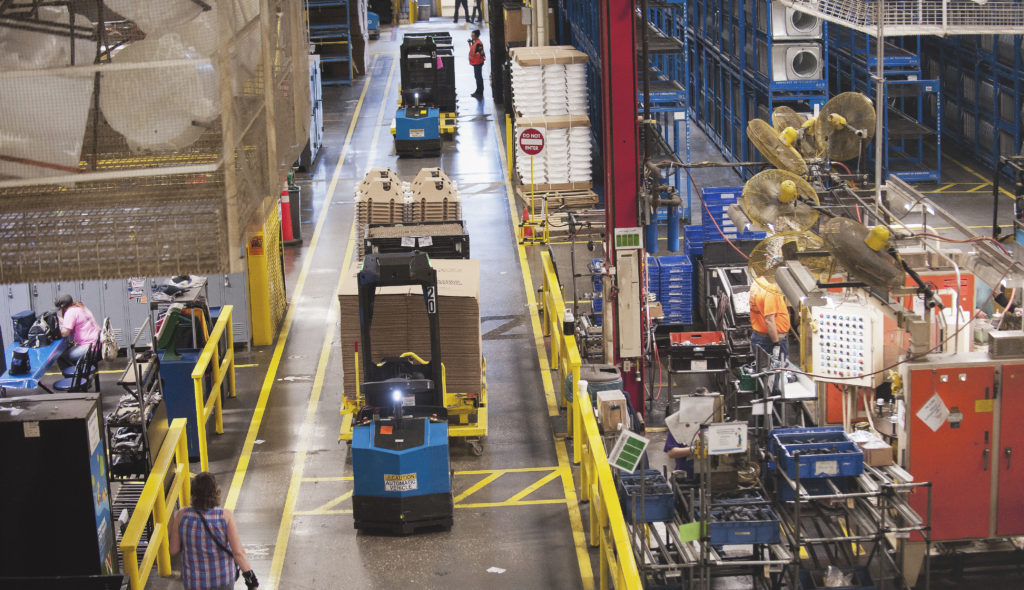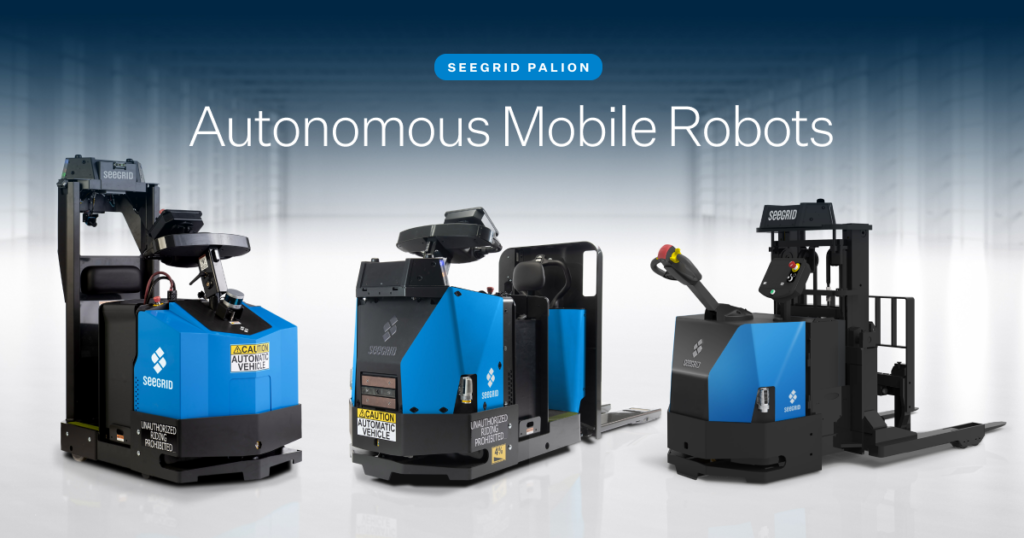With each passing day, consumer expectations—and thus, supply chain pressures—continue to become more demanding and increasingly complex.
And as we know, keeping up with the extreme shifts in consumer demand is nothing short of a challenge.
Prior to the COVID-19 pandemic, the shortage of skilled labor was already at an all-time high due to many factors—whether it be the vast number of skilled workers who did not return following the Great Recession, the decline in apprenticeship programs, or the elevated shift amongst younger generations to follow more corporate career paths. During the pandemic, this shortage has inevitably continued to increase.
Furthermore, with the requirement of social distancing, all facilities have had to enforce additional safety and health guidelines, thus making it difficult to allocate labor safely yet efficiently. While simultaneously navigating the evolving supply chain demands, it is becoming increasingly more challenging for manufacturers and distribution facilities to boost productivity and reduce costs in today’s landscape.
So, what’s the key to success?
No matter the cause, the key to overcoming these disruptions will be supply chain flexibility and agility. In today’s world, material flow automation plays a very significant role in this and must be seen beyond a “set it and forget it” process. Companies require flexible automation to adjust, continuously improve, and achieve their bottom-line goals.
In this blog, we sat down with the supply chain experts at Seegrid to learn how to automate material flow efficiently and safely, with the use of mobile automation.


Addressing the challenges above, automating your material flow with mobile automation will result in increased throughput productivity, safer and more productive facilities, and reduced labor and operating costs. Beyond that, it will help drive continuous improvement, and the advances in automation initiatives will lead to data-driven results.
Ready to automate your material flow?
Introducing, Seegrid Palion Autonomous Mobile Robots (AMRs).
Empowering facilities to quickly adapt and scale to fluctuations in demand, Seegrid Palion AMRs automate the monotonous labor so the human workforce can focus on cognitive tasks that add value to the bottom line. Combined with top enterprise software and industry-leading services teams, these AMRs are designed to make facilities safer, cost-efficient, and more productive.
Leveraging proven, proprietary technology, Seegrid Palion AMRs navigate and perform crucial tasks—reliably operating alongside humans in high-volume, high-traffic facilities with ever-changing environments. Their flexibility and ease of use are unrivaled, offering the lowest total cost of ownership in the industry. Users can make adjustments, such as changing or adding robot routes, using different routes shift-to-shift, adding additional robots, or driving in a completely different facility.


Prior to implementing a mobile automation system, reflect on your current processes, pain points, and goals.
Where are your bottlenecks? What levels of throughput do you hope to achieve with automation?
Seegrid provides a team of experts who are dedicated to understanding your facility, processes, and initiatives to ensure your automation project is successful today and for the long-term. This team will work with you directly to evaluate workflows from inbound to outbound, identify the best ways to utilize AMRs, and create tailored use-case design concepts for your facility. With a full understanding of your facility, they’ll help ensure that your fleet will work safely, predictably, and efficiently to help you achieve your supply chain goals.
If you’re ready to take the next step in automating your material flow with mobile automation, we invite you to connect with Seegrid here.
